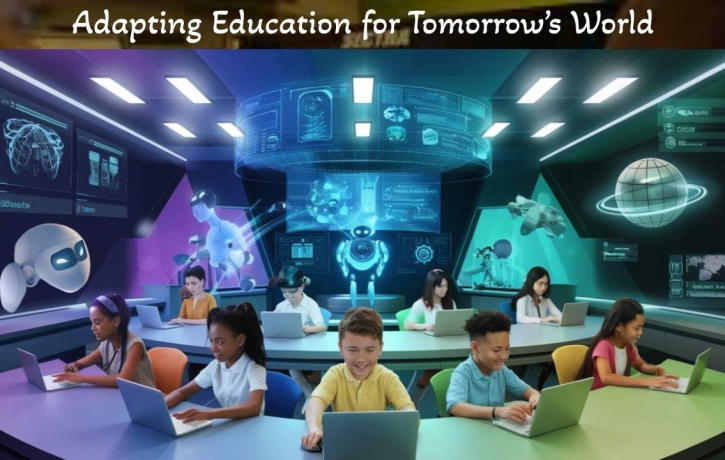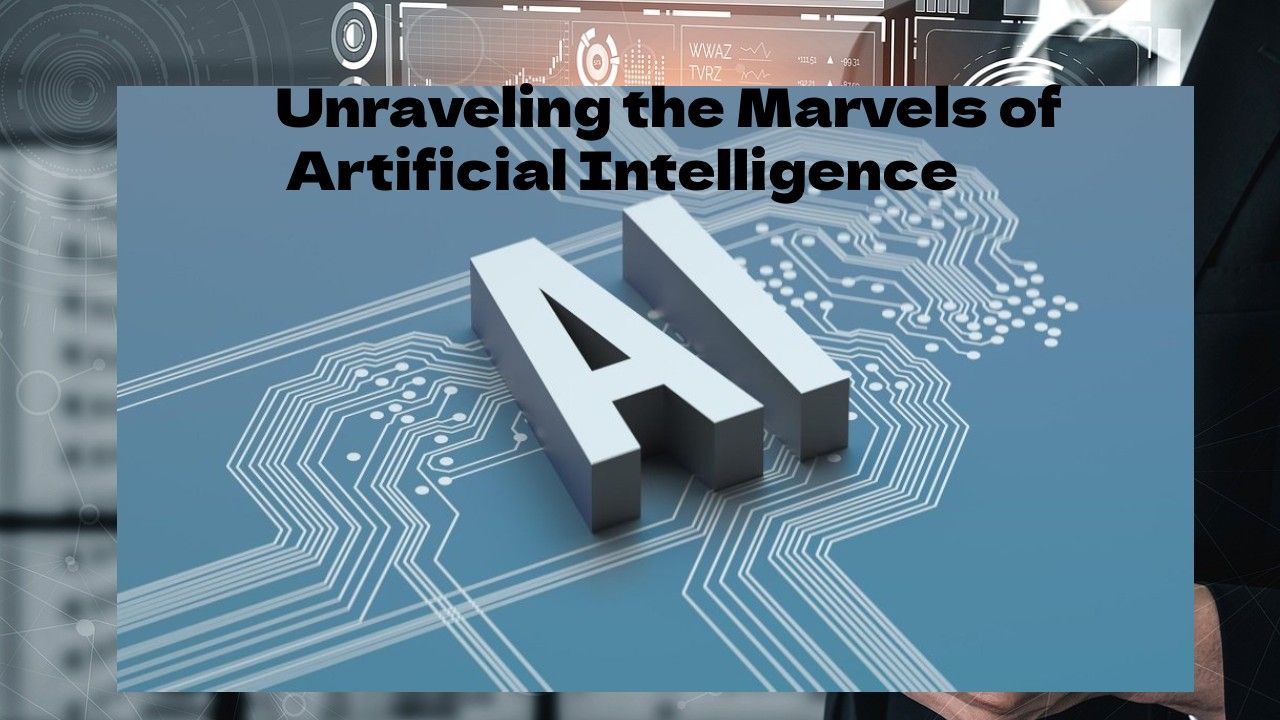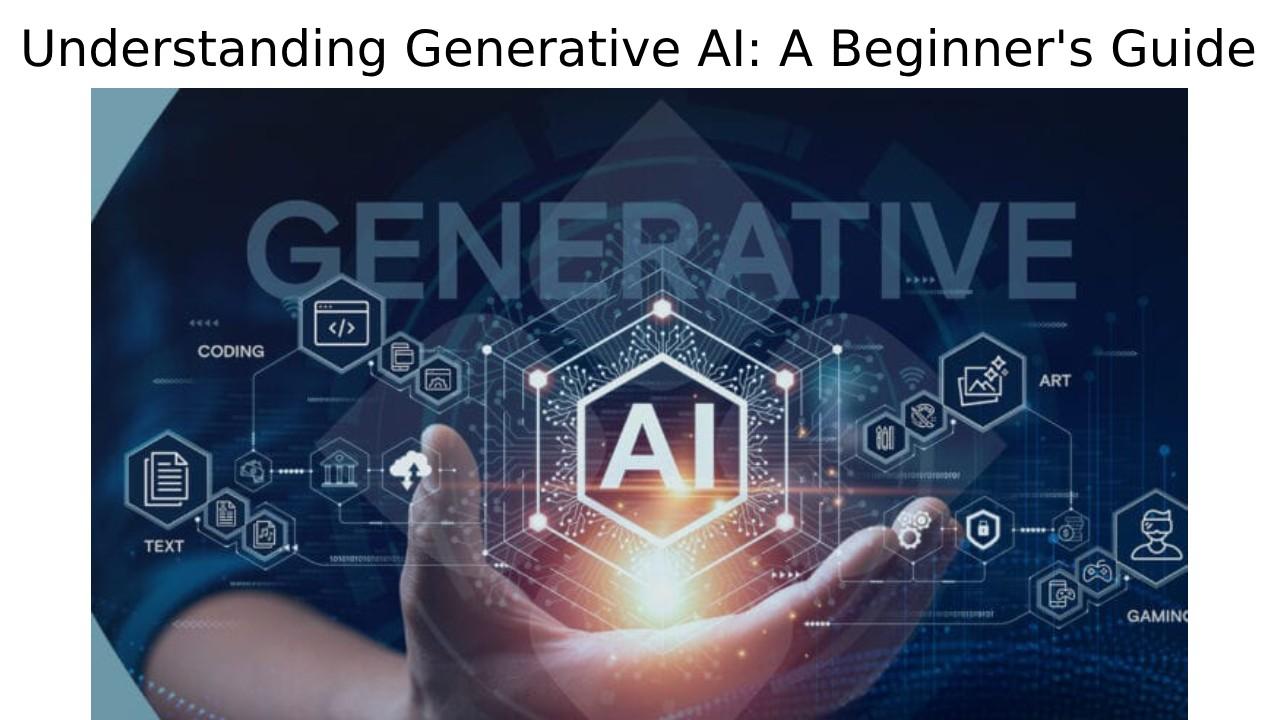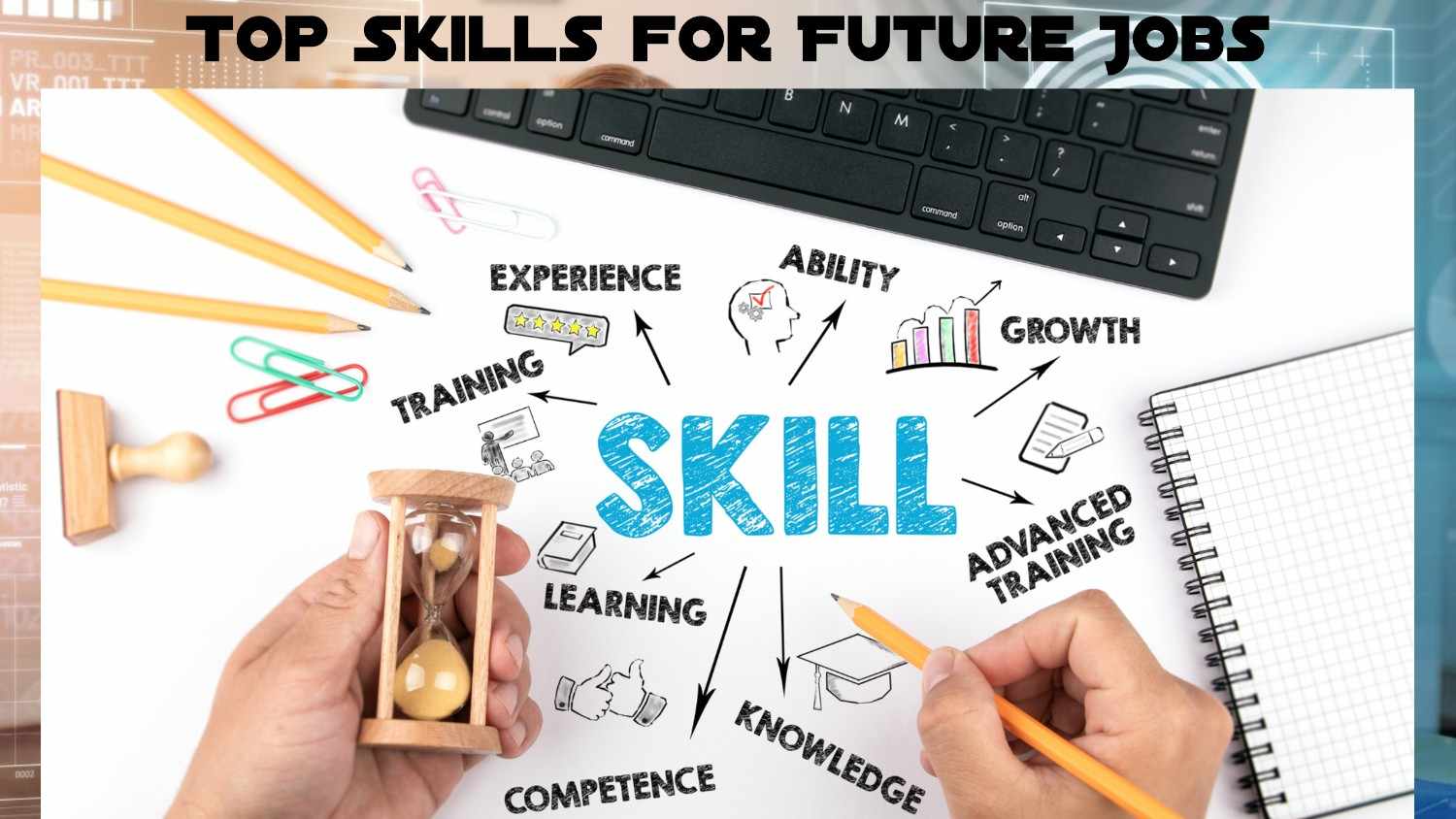The Future of Education: Adapting to a Changing World
Adapting Education for Tomorrow’s World is changing at an unprecedented pace, driven by rapid advancements in technology, shifting social dynamics, and evolving economic demands. As we look toward the future, it is clear that education systems must adapt to prepare learners not only for today’s challenges but also for an uncertain tomorrow. Adapting education for tomorrow’s world requires rethinking traditional models and embracing innovative approaches that foster creativity, critical thinking, and lifelong learning.
The Need for Change
Historically, education focused on memorization and the transmission of fixed knowledge. However, in today’s fast-changing world, knowledge becomes outdated quickly. For example, technology that was cutting-edge five years ago may be obsolete today. This reality demands that education systems shift from teaching static facts to cultivating adaptable skills.
Jobs are evolving with automation and artificial intelligence reshaping industries. Many future jobs may not even exist today. To thrive, students must develop skills such as problem-solving, digital literacy, emotional intelligence, and collaboration. These capabilities empower learners to navigate ambiguity and continuously learn throughout their lives.
Key Trends Shaping the Future of Education
-
Technology Integration
Digital tools and platforms are transforming how students learn and teachers instruct. From virtual classrooms and interactive simulations to AI-powered personalized learning, technology provides opportunities to tailor education to individual needs, making learning more engaging and effective. -
Personalized Learning
One-size-fits-all education is becoming obsolete. Adaptive learning systems and data analytics enable customized learning paths that address each student’s strengths, weaknesses, and interests. This personalized approach helps maximize learning outcomes and keeps students motivated. -
Focus on Soft Skills
Beyond academic knowledge, soft skills such as communication, teamwork, resilience, and creativity are becoming essential. Educational programs are increasingly incorporating project-based learning, group work, and real-world problem solving to develop these competencies. -
Lifelong Learning
Learning is no longer confined to childhood or formal schooling. The future demands ongoing education through various life stages, supported by flexible learning environments, online courses, and micro-credentials that help individuals upskill or reskill as needed. -
Global and Cultural Awareness
In an interconnected world, understanding different cultures, global issues, and ethical considerations is vital. Education systems are emphasizing global citizenship, diversity, and inclusion to prepare learners for a multicultural and interdependent world.
Challenges to Overcome
Adapting education is not without challenges. Inequities in access to technology and quality education remain a significant barrier in many regions. Teachers require training and support to effectively integrate new methods and tools. Additionally, curricula must be continuously updated to reflect evolving knowledge and societal needs.
Privacy concerns also arise as education increasingly relies on data-driven technologies. Safeguarding student information while leveraging data to improve learning outcomes is a delicate balance that policymakers and educators must manage carefully.
The Role of Educators and Policymakers
Teachers remain central to the success of educational transformation. Empowering educators through professional development and involving them in decision-making processes ensures that innovations meet classroom realities. Policymakers must prioritize investment in infrastructure, equitable access, and curriculum reform to create supportive environments for change.
Collaborations between governments, educational institutions, private sector, and communities are crucial to align efforts and resources. A shared vision that embraces flexibility, inclusivity, and innovation will drive meaningful progress.
Conclusion
Adapting education for tomorrow’s world is not just about incorporating technology—it is about fundamentally reimagining how we teach and learn. Preparing future generations requires cultivating adaptable minds capable of critical thinking, creativity, and empathy. By embracing change and innovation, education can become a powerful force to equip individuals for a rapidly evolving global landscape, enabling them to contribute positively to society and thrive in the years ahead.







